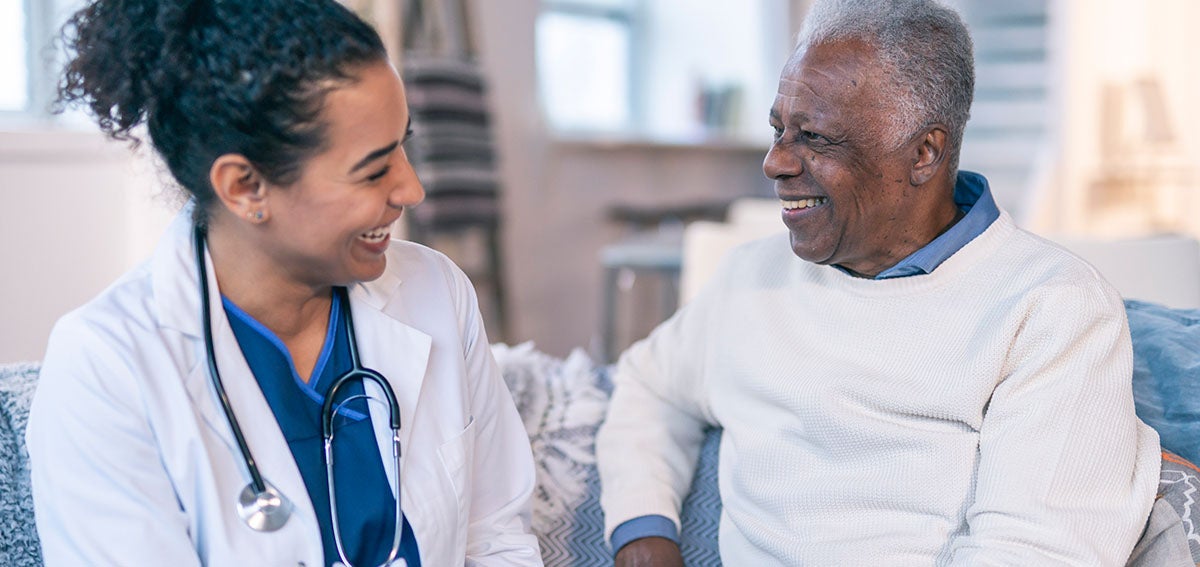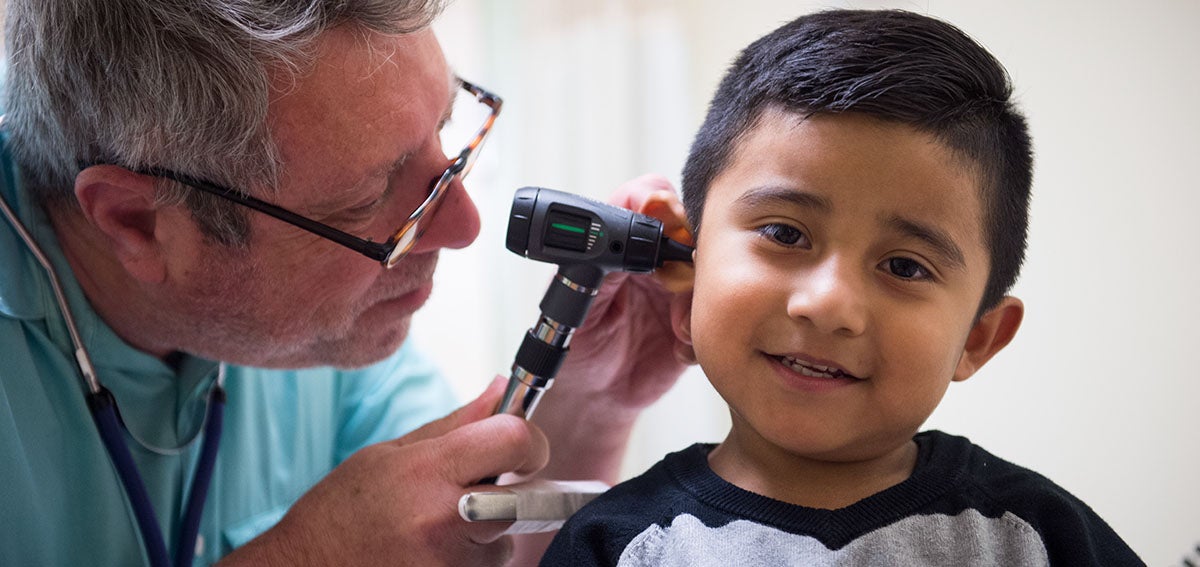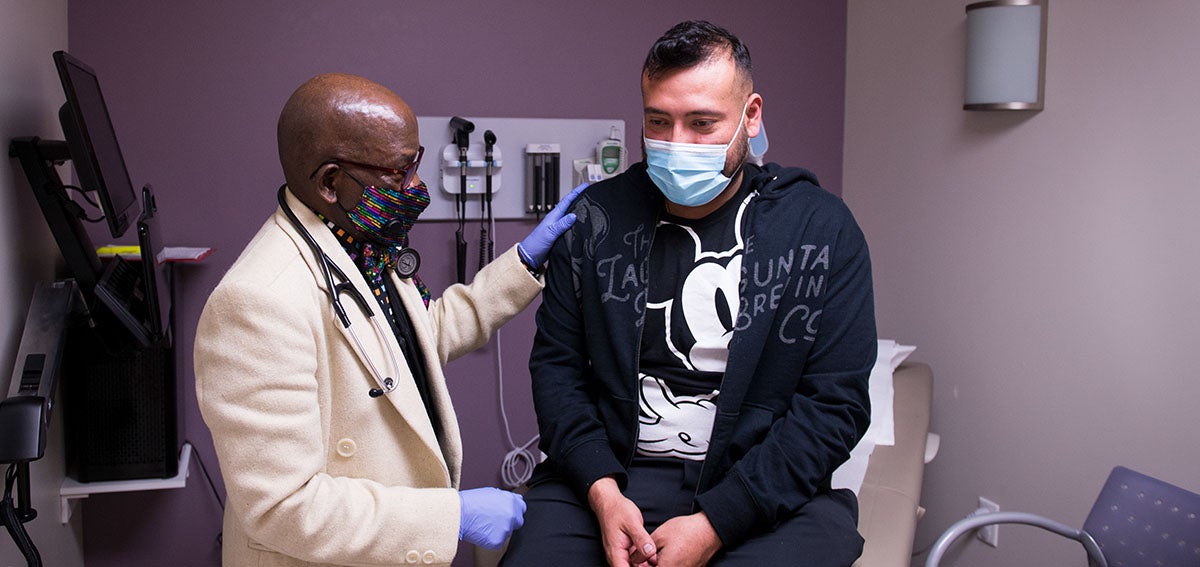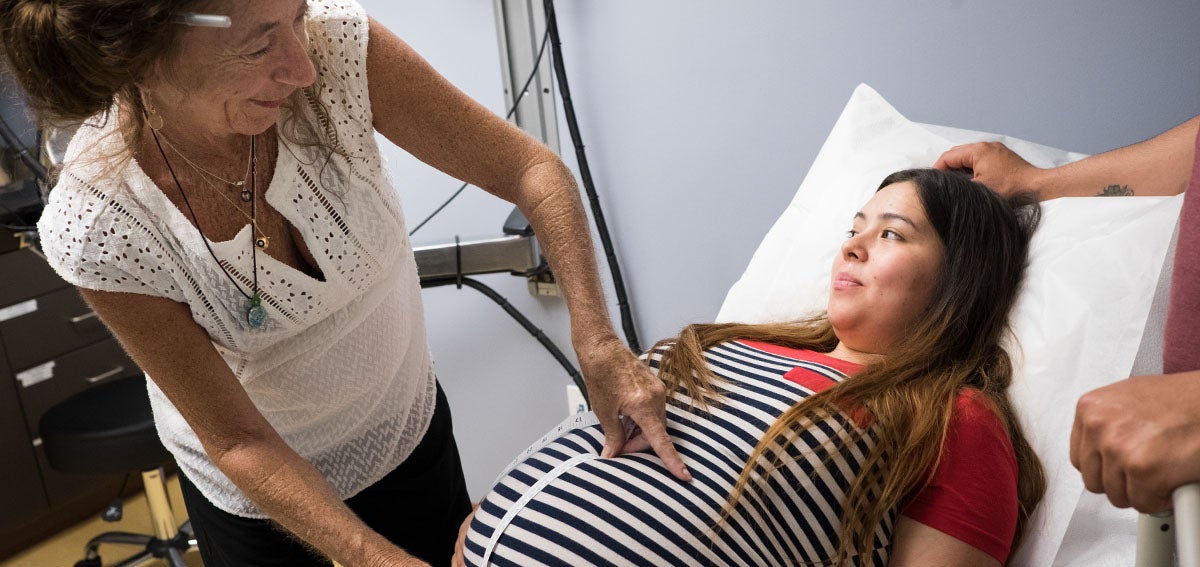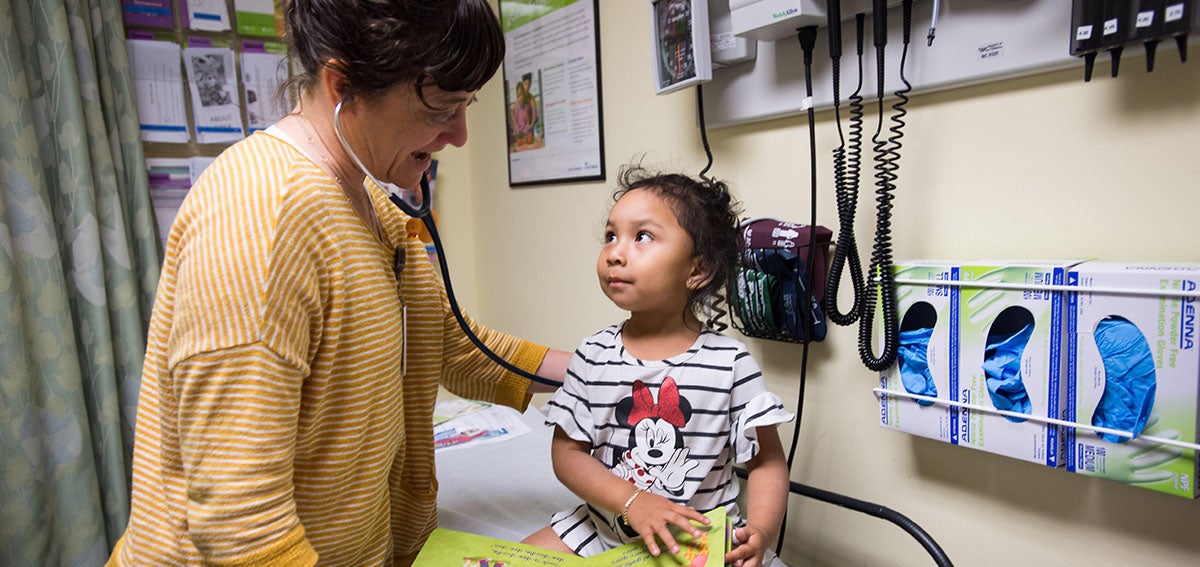
Previous Poll Results
Get all the results from CHCF’s surveys of California’s health care providers and the general public in this collection.
To help Californians and state policymakers understand evolving demands on the state’s health care system during the COVID-19 pandemic, CHCF is working with survey firms on two fronts. CHCF and global survey firm Ipsos are assessing residents’ desire for COVID-19 testing and their access to health care services. CHCF and Truth on Call, a physician market-research firm, are surveying different types of health care providers about availability of testing, personal protective equipment, and their experience in California’s health care delivery system. Download the charts and data for your own presentations and analyses.
June 5, 2020 — As counties across the state start to open up after weeks of sheltering in place, Californians overwhelmingly support public health recommendations to continue managing the spread of COVID-19, according to the latest tracking poll from CHCF and survey firm Ipsos.
The poll was conducted last weekend while thousands of Californians took to the streets to bring attention to racial inequality in the US.
Ninety-five percent of Californians agree that people who test positive for COVID-19 should be required to isolate themselves until they are no longer contagious. The poll also found that the vast majority of Californians believe that people who experience prolonged exposure to someone infected with COVID-19 should be required to quarantine themselves.
Agreement on both points is strong across racial and ethnic groups as well as among Californians with low incomes. Blacks and Latinos make up a disproportionate number of the COVID-19 cases and deaths in California, especially among those under the age of 65.
CHCF/Ipsos asked three questions to assess attitudes about the current rules and orders regarding COVID-19 in California. Nearly 9 in 10 Californians “strongly” or “somewhat” agree that they understand the reasons for the current rules regarding COVID-19, and about the same proportion agree the rules are necessary to limit the spread of COVID-19. Finally, 38% of Californians agree with the statement that the rules and orders in California regarding COVID-19 “go too far.”
In order for people who are sick with COVID-19 to isolate themselves, they need to physically separate themselves from others at home — ideally by using a separate bedroom and a separate bathroom. CHCF and Ipsos asked Californians about their capacity to do so.
Twenty-three percent of Californians live alone and therefore can isolate themselves. Fifty-nine percent say they have access to a separate bedroom, including the 41% who have a separate bedroom and bathroom. Among Californians with low incomes, 20% say they live alone. Fifty percent say they have access to a separate bedroom, including the 18% who also have access to both a separate bedroom and bathroom. Fourteen percent of all Californians and 20% of Californians with low incomes do not have access to a separate bedroom.
Nearly three months after the initiation of COVID-19 containment efforts, significant majorities of Californians continue to say they follow recommended behaviors to slow the spread of the new coronavirus, and the percentage reporting such compliance has been stable for several weeks.
Seventy-eight percent say they avoid unnecessary trips out of the home “all” or “most of the time.” White respondents are significantly more likely to say they avoid unnecessary trips “some of the time” or “none of the time.” In regard to other public health behaviors:
- 86% of Californians say they routinely wear a mask in public spaces all or most of the time. Latinos and Californians with low incomes are significantly more likely to wear a mask in public spaces all the time.
- 92% say they stay at least six feet away from others in public spaces all or most of the time. Latinos are significantly more likely to report maintaining six feet of distance at all times. White Californians are significantly more likely to report maintaining social distance some or none of the time.
- 90% say they frequently wash their hands with soap and water all or most of the time. Californians with low incomes are the most likely to report washing their hands all the time.
Seven percent of Californians say they have been tested for COVID-19 in the past week, and this week 11% said they would like the test.
As in previous rounds of the tracking poll, the majority of Californians say they don’t think they need to get tested, and few Californians report trying and failing to get a COVID-19 test.
The share of Californians seeing health care providers by phone or video — a service mode known as telehealth — appears to have stabilized. This week, 8% of Californians say they had a telehealth appointment in the last seven days. This is similar to the last two polls CHCF/Ipsos conducted in May and up significantly from tracking polls conducted at the beginning of the pandemic. More than 9% of Californians say they have seen a provider in person, an increase from prior weeks.
More than 8 in 10 Californians say they would be “very” or “somewhat” comfortable with a telehealth appointment. Support is strong across all income, racial, and ethnic groups, although Latinos (70%) were less likely than Blacks (91%) or Asians (91%) to say they would be comfortable with a phone or video appointment. Seventy percent of Californians with low incomes say they would be comfortable.
The survey found 71% of Californians say their mental health was “about the same” in the previous seven days as it was before. This response is largely unchanged from two weeks ago, when 69% said their mental health was about the same. Fourteen percent of Californians say their mental health has gotten “a little” or “a lot” worse in the past week.
Methodology: This survey was conducted online in Ipsos’s Omnibus using the web-enabled “KnowledgePanel,” a probability-based panel designed to be representative of the California general population, not just the online population. It was conducted in English and in Spanish. The study consisted of 1,131 representative interviews conducted among California residents who are at least 18 years old between May 29, 2020, and June 3, 2020. The margin of error is +/-3.1 percentage points.
Authors & Contributors


